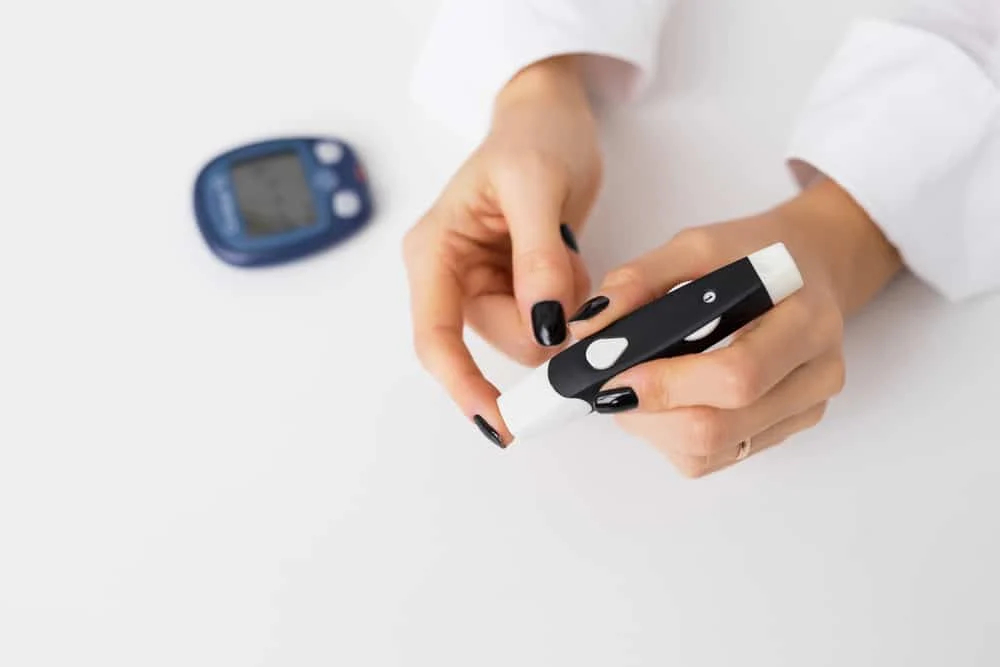What Is ARFID?
Avoidant/Restrictive Food Intake Disorder (ARFID) involves the persistent restriction of food intake, leading to medical, nutritional, or social consequences. Unlike other eating disorders, ARFID is not driven by shape or weight concerns. It often relates to sensory sensitivity, fear of aversive experiences, or low interest in eating.
ARFID can begin in childhood and continue into adulthood, and it may occur alongside anxiety, OCD, ADHD, autism, or trauma responses. With guided support, many people widen their variety, improve comfort, and rebuild trust in mealtimes.

Signs and Symptoms of ARFID
Identifying the signs is a brave and crucial step in the beginning of recovery. Some common symptoms include:
ARFID Treatment Options
NewCircle offers a comprehensive range of services tailored to meet each individual’s unique journey:

What Happens After Treatment?
Care does not end at discharge. For ARFID, progress continues as you transition to the right level of support, often stepping down to IOP or outpatient therapy. At NewCircle, we co-create a personalized aftercare plan that fits your needs and pace. This plan can include maintenance skills and early-warning strategies, ongoing therapy, collaborative nutrition care, graded exposure practice, sensory regulation tools, and peer support.
We stay connected through regular check-ins and coordinate with community providers so you have consistent guidance. With steady support and clear next steps, recovery becomes a long-term foundation that helps you keep momentum in everyday life.



